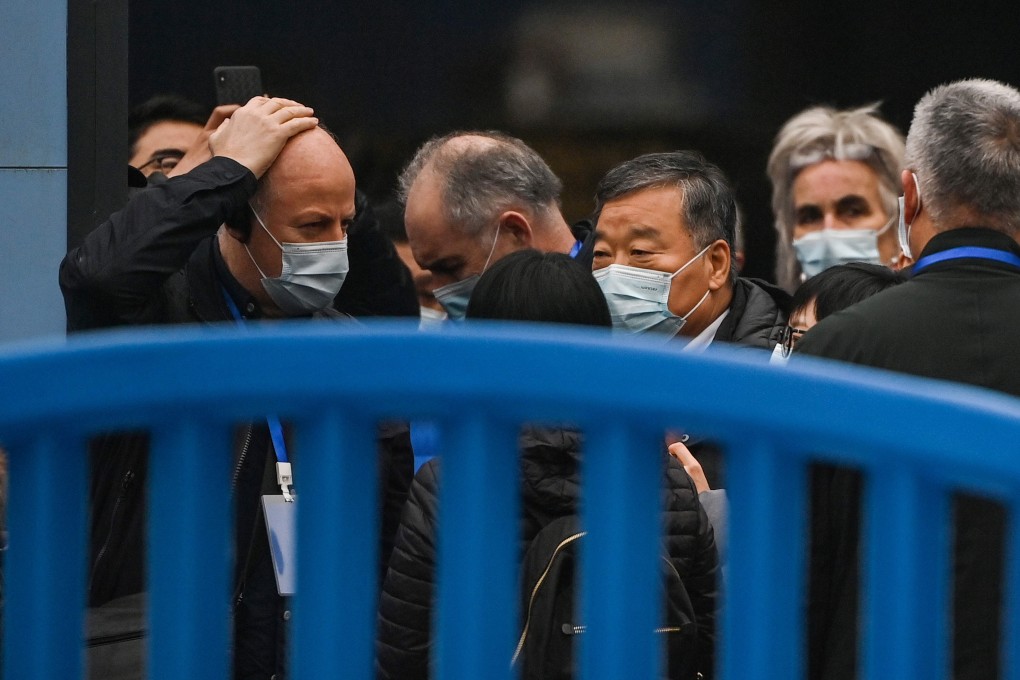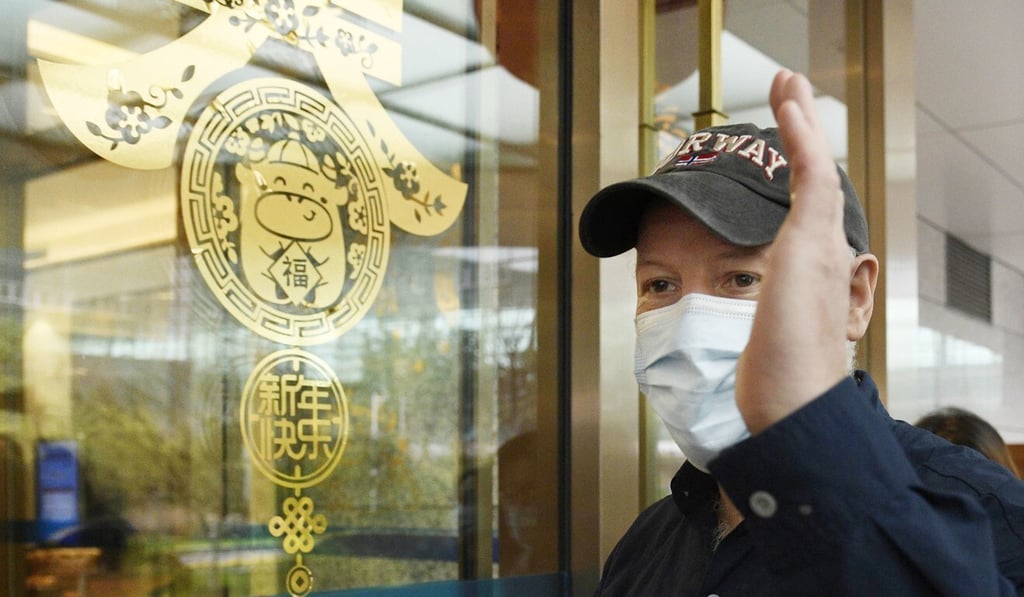Hunt for Covid-19 origins: questions surface over China’s testing of suspect animals
- WHO confirmed supply chains were identified for animals sold in Wuhan, based on the view that the virus may have first infected traded wildlife
- But these routes were seemingly not traced back to farms and breeders, and team members say it’s the ‘next step’ in the investigation

But identifying the supply networks is the first step, the next is to run comprehensive, targeted tests of animals and people involved to try and trace the path of the virus before the outbreak more than 12 months ago.
To the puzzlement of some overseas experts, China’s authorities seemingly failed to follow up with this testing in supply routes leading back to farms and animal breeders in certain regions of the country.
“Some of the trace-back was in farms or in traders in regions that are known to harbour bats with the closest related viruses [to the one that causes Covid-19],” virologist Marion Koopmans said in Wuhan at the close of the WHO mission on February 9. “So it is really seen as an entry point … for taking the next step of surveys in animals on farms.”

Another team member, disease ecologist Peter Daszak, said in an interview with CNN that scientists had not gone to farms of interest in southern China.